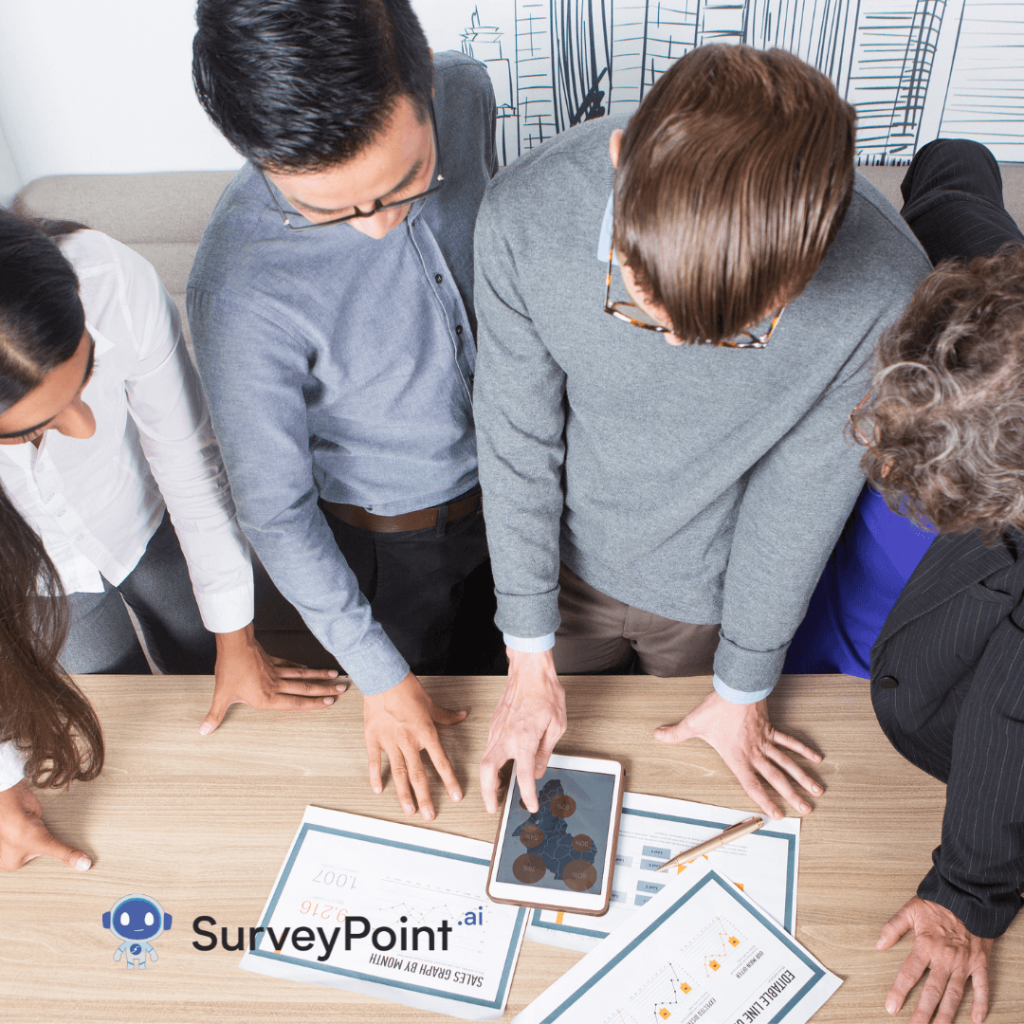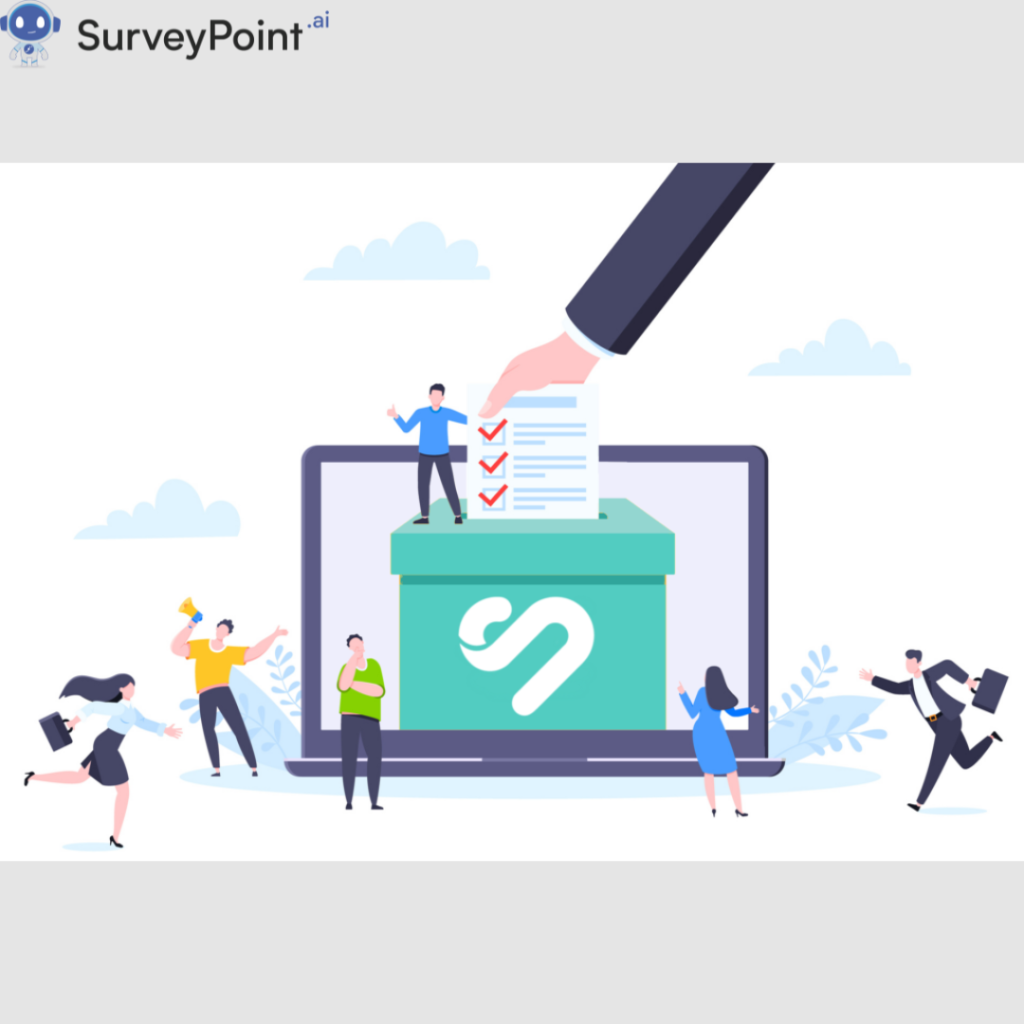
In the world of market research, understanding your target audience is crucial for any successful product, service, or marketing strategy. While there are many tools to gather insights, one of the most effective ways to capture genuine opinions and perceptions is through focus groups. Focus groups have been an essential research method for decades, providing companies with rich, qualitative data. But what makes them so beneficial, especially at the beginning of a project or research phase? This article will dive deep into the advantages of starting with a focus group and how this method can set a solid foundation for your efforts.
What is a focus group?
Before we explore the advantages, let’s briefly define what a focus group is. A focus group is a guided discussion involving a small group of people, usually 6–12 participants, facilitated by a moderator. Participants are chosen based on specific criteria relevant to the research, such as demographics, behaviors, or attitudes. The aim is to foster open conversations to gather insights on how people feel, think, and react to various concepts, products, or messages.
The Unique Benefits of Starting with a Focus Group
Rich Qualitative Insights
One of the most significant advantages of starting with a focus group is the depth and richness of data you can obtain. Unlike quantitative methods, which may only scratch the surface of a topic, focus groups allow participants to express their thoughts in detail. This method captures the nuances of their feelings, motivations, and attitudes, often revealing insights that surveys or other research tools might miss.
- Exploring Emotions and Motivations: Focus groups help researchers understand the emotional drivers behind decisions. For instance, instead of just knowing that a customer likes a product, you’ll learn why they feel that way.
- Clarifying Ambiguities: If participants express mixed feelings, the moderator can probe further to clarify something that is impossible in a simple survey.
Opportunity for Real-Time Interaction
Focus groups offer the unique advantage of real-time, face-to-face (or virtual) interaction between participants and the moderator. This immediacy allows for a more dynamic conversation, where ideas can be explored and clarified instantly.
- Immediate probing: Moderators can ask follow-up questions in response to participants’ comments. This ensures that the research captures comprehensive insights.
- Group Dynamics: The interaction between participants can spark new ideas or opinions. People may express views they hadn’t considered before hearing someone else’s perspective, creating a ripple effect of valuable feedback.
Understanding Body Language and Tone
When conducting focus groups in person or via video calls, researchers can observe non-verbal cues such as facial expressions, gestures, and tone of voice. These subtle signals often convey emotions or opinions that words alone cannot express.
- Hidden Feelings Revealed: A participant may say they like a product, but if they grimace while speaking, it reveals a different story. Observing body language helps interpret true feelings and attitudes.
- Contextual Understanding: Tone and body language provide context to verbal responses, offering a more complete understanding of participant feedback.
Testing Concepts and Prototypes
Another compelling advantage of starting with a focus group is the ability to test new concepts, products, or marketing strategies in a controlled setting. Before launching something to the wider market, companies can gauge initial reactions and make necessary adjustments.
- Immediate Feedback: Participants can interact with a product or prototype and share their thoughts right away. This can reveal flaws or areas for improvement that the development team hadn’t anticipated.
- Exploratory Analysis: Focus groups are ideal for early-stage testing. For instance, if you have multiple concepts for a marketing campaign, you can determine which resonates most with your target audience.
Flexibility in Discussion Topics
Focus groups are highly adaptable, allowing researchers to modify or expand the conversation as needed. If a topic unexpectedly becomes significant, the moderator can pivot the discussion to explore it further.
- Adjusting on the Fly: Unlike rigid research methods, focus groups provide the freedom to explore emerging themes or interesting insights.
- Uncovering Hidden Issues: Sometimes, participants bring up concerns or ideas the researchers never considered. These unexpected revelations can be incredibly valuable.
Building Empathy and Understanding
Focus groups provide an opportunity to build empathy with your audience. Hearing people’s experiences and feelings firsthand can be much more impactful than reading data on a spreadsheet. This empathy can guide decision-makers to create products or campaigns that truly resonate with consumers.
- Human-Centric Insights: Decision-makers are more likely to understand and act on feedback when they can put themselves in the shoes of their target audience.
- Personal Stories: Participants often share personal anecdotes that bring research findings to life. These stories can be persuasive when presenting findings to stakeholders.
How Focus Groups Set a Strong Foundation for Further Research
Informing Survey Design
Focus groups are a fantastic preliminary research tool that can inform the design of quantitative surveys. The insights gathered from a focus group can help researchers identify key themes, potential survey questions, and areas that need further exploration.
- Refining Questions: If a particular question seems to confuse or evoke strong emotions in a focus group, researchers can adjust it for clarity in a survey.
- Identifying Relevant Variables: Discovering what matters most to participants can help tailor a survey that captures the most critical data points.
Identifying Potential Challenges
Starting with a focus group allows you to foresee obstacles or misunderstandings that may arise during the later stages of your project. This proactive approach can save time and resources.
- Addressing Misconceptions: If participants in a focus group reveal widespread misconceptions about a product, you can address these issues before a larger launch.
- Anticipating Resistance: Participants may express resistance to certain ideas, alerting you to potential challenges you’ll need to address in future research or marketing efforts.
Engaging Stakeholders Early
Focus groups can also be a tool to engage stakeholders early in the research process. By involving key players and sharing initial findings, you can gain buy-in and adjust your approach as needed.
- Transparency and Collaboration: Stakeholders appreciate being involved from the start. Focus group results can also help align team members on project goals and strategies.
- Setting Expectations: Early insights provide a reality check, helping stakeholders set realistic expectations for future research or product development.
Practical Tips for Conducting Effective Focus Groups
Selecting the Right Participants
The success of a focus group largely depends on the participants. Choose individuals who represent your target audience and are willing to share their opinions openly.
- Diverse Perspectives: Ensure that your group is diverse to capture a range of insights. However, avoid too much diversity, as it can dilute the relevance of the feedback.
- Incentives: Offering incentives, such as gift cards or small rewards, can encourage participation and make the session more engaging.
Crafting a Structured but Flexible Guide
A well-prepared discussion guide is essential, but it should be flexible enough to adapt to the flow of conversation.
- Key Questions: List the key questions you need answers to but be open to following interesting tangents if they add value.
- Time Management: Allocate time wisely to ensure all important topics are covered.
Using a Skilled Moderator
A good moderator can make or break a focus group. They must be skilled in facilitating discussion, managing dominant personalities, and encouraging quieter participants to speak up.
- Neutral Stance: The moderator should remain neutral, not showing bias or leading participants toward specific answers.
- Active Listening: The ability to listen actively and ask follow-up questions is crucial for gathering detailed insights.
Conclusion
Focus groups are a powerful tool for gathering qualitative insights at the start of any research or project. They provide a unique opportunity to understand your audience deeply, test concepts, and gather real-time feedback that other methods can’t offer. By leveraging the advantages of focus groups, businesses and researchers can make more informed decisions, improve their strategies, and ultimately create products or services that resonate with their audience.
Starting with a focus group lays a strong foundation for future research, helping to refine survey questions, anticipate challenges, and engage stakeholders. In a world where understanding the consumer is paramount, investing in a well-conducted focus group can be a game changer.
Focus groups might not always be the easiest or cheapest method, but the value they bring is undeniable. As you embark on your next project, consider how starting with a focus group can provide you with the insights and clarity needed to move forward confidently.




